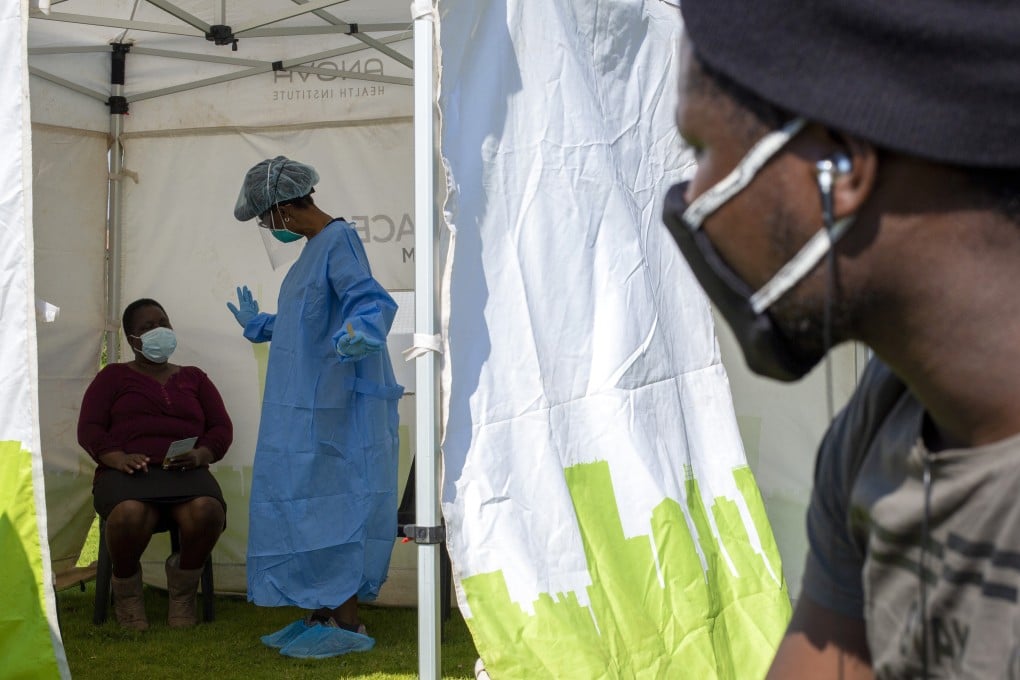Coronavirus: Africa’s debt problems must not be used as a political football, experts say
- The United States has accused China of creating debt traps across Africa, a charge Beijing strongly denies
- But observers say both China and Western powers are guilty of perpetuating African nations’ dependence on loan finance

Seifudein Adem, a professor of global studies at Doshisha University in Kyoto, Japan, said that ballooning national debt had been a major concern for many African countries even before Covid-19, but had now been brought front and centre.
While it was encouraging that major creditors were seriously considering cancelling or rescheduling debt repayments, Adem, who is from Ethiopia, said he was sceptical about their motives.
“There was perhaps the realisation that under the current circumstances poor countries would not have any choice but to threaten default if they are pushed,” he said.
US Secretary of State Mike Pompeo is in no doubt as to who is to blame for Africa’s debt crisis.
“There’s an enormous amount of debt that the Chinese Communist Party has imposed on African countries all across the region,” he said recently.